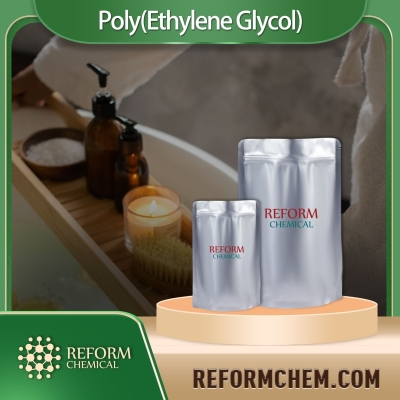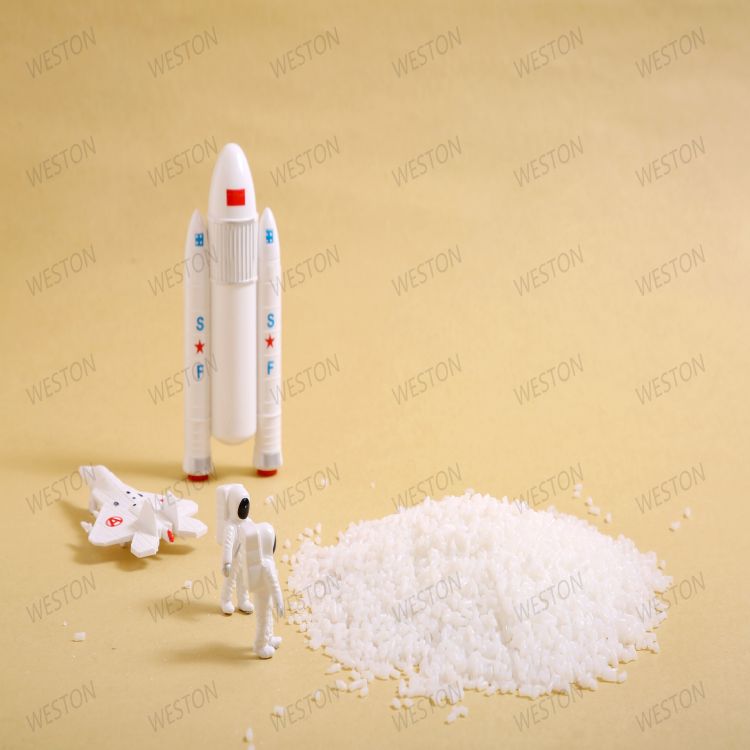-
Categories
-
Pharmaceutical Intermediates
-
Active Pharmaceutical Ingredients
-
Food Additives
- Industrial Coatings
- Agrochemicals
- Dyes and Pigments
- Surfactant
- Flavors and Fragrances
- Chemical Reagents
- Catalyst and Auxiliary
- Natural Products
- Inorganic Chemistry
-
Organic Chemistry
-
Biochemical Engineering
- Analytical Chemistry
-
Cosmetic Ingredient
- Water Treatment Chemical
-
Pharmaceutical Intermediates
Promotion
ECHEMI Mall
Wholesale
Weekly Price
Exhibition
News
-
Trade Service
Polypropylene (PP) is a widely used plastic material that is made from the polymerization of propylene gas.
It is a semi-crystalline polymer that is characterized by its high strength, stiffness, and toughness, as well as its ability to withstand a wide range of temperatures and chemicals.
PP is widely used in a variety of applications, including packaging, textiles, and automotive parts.
One of the key applications of PP is in the production of a variety of consumer goods, such as bottles, containers, and plastic bags.
These products are often used in the food and beverage industry, as well as in the packaging of personal care products and household items.
In addition to its use in consumer goods, PP is also used in a variety of industrial applications.
For example, it is used in the production of automotive parts, such as bumpers, door panels, and fuel tanks.
It is also used in the manufacture of appliances, such as refrigerators, washing machines, and dryers.
Another important application of PP is in the production of textiles, such as carpets, rugs, and upholstery.
PP is used in these applications because of its ability to withstand high temperatures and chemicals, as well as its durability and resistance to wear and tear.
In the chemical industry, PP is used in a variety of applications.
For example, it is used in the production of chemical process equipment, such as valves, fittings, and pipes.
It is also used in the production of laboratory equipment, such as test tubes, pipettes, and petri dishes.
In addition to its use in the production of consumer goods and industrial products, PP is also used in the construction industry.
For example, it is used in the production of roofing materials, such as shingles and tiles, as well as in the manufacture of siding and window frames.
One of the key benefits of PP is its ability to withstand a wide range of temperatures and chemicals.
This makes it ideal for use in applications where it will be exposed to harsh conditions.
In addition, PP is highly durable and resistant to wear and tear, making it a good choice for applications where long-lasting performance is important.
Overall, PP is a versatile and widely used material that is valued for its strength, stiffness, and toughness.
It is used in a variety of applications, including consumer goods, industrial products, textiles, and construction materials.
It is also used in the chemical and automotive industries, and is highly valued for its ability to withstand a wide range of temperatures and chemicals.







